Composting is nature's recycling, offering a potent solution for waste reduction, climate action, and soil health. It represents a commendable stride toward responsible resource management, providing individuals and communities a meaningful way to contribute to sustainability goals. Beyond waste, composting plays a pivotal role in ecological balance, climate resilience, and soil fertility.
Jan 25, 2024
The Power of Compost


Composting is nature's recycling, offering a potent solution for waste reduction, climate action, and soil health. It represents a commendable stride toward responsible resource management, providing individuals and communities a meaningful way to contribute to sustainability goals. Beyond waste, composting plays a pivotal role in ecological balance, climate resilience, and soil fertility.
We have compiled a comprehensive guide that addresses these topics:
Table of contents a. Composting Definitions b. Why Compost at Home? c. Benefits of CompostingWe have compiled a comprehensive guide that addresses these topics:
Table of contents a. Composting Definitionsb. Why Compost at Home?c. Benefits of Composting
Why does our partnership matters
For every purchase, we plant 1 TREE to nurture our planet 🌲Together, we are sowing the seeds of change and cultivating a greener, more sustainable world.
Anything else?
Anything else?You willl also receive an official certificate from Greenspark as a token of appreciation for your commitment to the environment! 📜
How do we see the progress?
How do we see the progress?Join us on this remarkable journey towards an impact dashboard.You can see how your eco-smart choice made the world a better place
 View more
View more
Your support empowers reforestation, fights climate change,
and paves the way for a brighter, eco-friendly future.
Join us on this remarkable journey towards a cleaner,healthier planet.
Shop with a purpose, shop with Reencle! 🛒💚

Why does our partnership matters
For every purchase, we plant 1 TREE to nurture our planet 🌲Together, we are sowing the seeds of change and cultivating a greener, more sustainable world.
Anything else?
Anything else?You willl also receive an official certificate from Greenspark as a token of appreciation for your commitment to the environment! 📜
How do we see the progress?
How do we see the progress?Join us on this remarkable journey towards an impact dashboard.You can see how your eco-smart choice made the world a better place
 View more
View more
Your support empowers reforestation, fights climate change,
and paves the way for a brighter, eco-friendly future.
Join us on this remarkable journey towards a cleaner,healthier planet.
Shop with a purpose, shop with Reencle! 🛒💚
a. Composting Definitions

Composting represents a regulated, aerobic (requiring oxygen) procedure wherein organic substances undergo natural decomposition to transform into a nutrient-enriched, biologically stable soil amendment or mulch. The resultant outcome is known as compost. Throughout the composting process, microorganisms consume the materials integrated into the compost pile, utilizing carbon and nitrogen for growth and reproduction, water for material digestion, and oxygen for respiration. It is entirely feasible to engage in composting at home by incorporating kitchen food scraps along with dry leaves and woody debris from your yard.
a. Composting Definition

Composting represents a regulated, aerobic (requiring oxygen) procedure wherein organic substances undergo natural decomposition to transform into a nutrient-enriched, biologically stable soil amendment or mulch. The resultant outcome is known as compost. Throughout the composting process, microorganisms consume the materials integrated into the compost pile, utilizing carbon and nitrogen for growth and reproduction, water for material digestion, and oxygen for respiration. It is entirely feasible to engage in composting at home by incorporating kitchen food scraps along with dry leaves and woody debris from your yard.
b. Why Compost at Home?

● Composting is like nature's way of recycling. It's a powerful way for us to cut down on our trash, help with climate change, and make good soil. When we turn our kitchen scraps and yard waste into compost, we're changing our leftovers into something useful for the Earth.
● You can easily recycle the food scraps and yard waste you make at home all year long by composting. This helps a lot because it reduces the amount of stuff that would normally go to landfills or be burned in incinerators – things like leaves, grass clippings, and food scraps. Plus, it stops harmful gases from going into the air.
● Composting doesn't take much work, fancy tools, money, or know-how, and it can be kind of fun. The cool part is you end up with a free, good-quality soil booster called compost. This means you won't need as much plant food or bug spray, so you save money.
● The compost you make isn't just good for reducing waste and saving cash. You can use it to make your soil healthier, stop soil from washing away, save water, and make your plants in the garden and yard grow better. In simple terms, composting is an easy and helpful way to deal with trash that benefits both the environment and your own space..
c. Benefits of Composting

● Balances Soil Density
Compost helps plant growth by balancing soil density. In soils that are too tight, compost helps to loosen the soil; whereas in compost that is too loose, it helps to clump it together. This balancing allows plants to develop healthier roots into the soil contributing to healthier growth.
● Enriches the Soil
In addition, compost both improves soil’s ability to hold nutrients and delivers much-needed nutrients. It improves nutrient retention by increasing the soil’s cation exchange capacity (CEC) and then it delivers needed food for the plants in the form of nitrogen, phosphorus, and potassium. Although concentrations of nutrients found in compost are typically not high in comparison to chemical fertilizer products, compost is usually applied at much greater rates, and therefore, can represent a significant cumulative quantity. The nutrient content of compost products vary widely; however, biosolids and animal manure based composts typically contain more total nutrition. The use of certain composts may reduce or eliminate the necessity to fertilize certain plants during the first 6 –12 months following its application. In general, nutrients found in compost are in an ‘organic’ form thus released slowly as the compost decomposes, reducing nutrient movement off site. The content of these nutrients are reported in the STA Certified Compost Technical Data Sheet.
● Balances pH
Compost helps keep the soil's pH level just right. pH measures how acidic or alkaline something is on a scale. A pH of 7 is neutral. Most composts have a pH between 6 and 8. Different plants like different pH levels, and compost makes sure the soil has the right pH so that plants can get the nutrients they need to grow well.
● Water Sponge
Think of compost as a sponge for your plants. It soaks up water, helping plants stay hydrated for longer and preventing them from drying out too quickly.
● Pest and Disease Defender
Compost is like a superhero shield for plants, making them more resistant to pests, insects, and diseases. When the nutrients in the soil are out of balance, plants become more vulnerable to these threats. Compost steps in to balance the nutrients, helping plants fend off pests. Additionally, the high temperatures needed for the materials to turn into compost create an environment that is less favorable for diseases, giving your plants an extra layer of protection.
● Weed Deterrent
Compost does more than just nourish your desired plants; it also discourages certain types of weeds, giving your plants a better environment to grow. This happens for two main reasons: first, the heat generated during composting neutralizes many weed seeds, making them ineffective. Second, weeds usually thrive in environments where nutrients are out of balance, but compost fixes that. For instance, giant ragweed prefers soils low in potassium. Compost steps in to balance the nutrients, making the soil less welcoming for weeds to thrive. Embracing composting not only has the potential to transform your soil condition but is also a fantastic and environmentally-friendly practice. While it might seem a bit complicated initially, composting, whether through traditional outdoor methods or utilizing innovative systems like Reencle, offers a simple and impactful way to make a positive difference. With a bit of preparation, Reencle ensures that your composting journey is both joyful and eco-conscious.
b. Why Compost at Home?

● Composting is like nature's way of recycling. It's a powerful way for us to cut down on our trash, help with climate change, and make good soil. When we turn our kitchen scraps and yard waste into compost, we're changing our leftovers into something useful for the Earth.
● You can easily recycle the food scraps and yard waste you make at home all year long by composting. This helps a lot because it reduces the amount of stuff that would normally go to landfills or be burned in incinerators – things like leaves, grass clippings, and food scraps. Plus, it stops harmful gases from going into the air.
● Composting doesn't take much work, fancy tools, money, or know-how, and it can be kind of fun. The cool part is you end up with a free, good-quality soil booster called compost. This means you won't need as much plant food or bug spray, so you save money.
● The compost you make isn't just good for reducing waste and saving cash. You can use it to make your soil healthier, stop soil from washing away, save water, and make your plants in the garden and yard grow better. In simple terms, composting is an easy and helpful way to deal with trash that benefits both the environment and your own space..
c. Benefits of Composting

Balances Soil Density
Compost helps plant growth by balancing soil density. In soils that are too tight, compost helps to loosen the soil; whereas in compost that is too loose, it helps to clump it together. This balancing allows plants to develop healthier roots into the soil contributing to healthier growth.
Enriches the Soil
In addition, compost both improves soil’s ability to hold nutrients and delivers much-needed nutrients. It improves nutrient retention by increasing the soil’s cation exchange capacity (CEC) and then it delivers needed food for the plants in the form of nitrogen, phosphorus, and potassium. Although concentrations of nutrients found in compost are typically not high in comparison to chemical fertilizer products, compost is usually applied at much greater rates, and therefore, can represent a significant cumulative quantity. The nutrient content of compost products vary widely; however, biosolids and animal manure based composts typically contain more total nutrition. The use of certain composts may reduce or eliminate the necessity to fertilize certain plants during the first 6 –12 months following its application. In general, nutrients found in compost are in an ‘organic’ form thus released slowly as the compost decomposes, reducing nutrient movement off site. The content of these nutrients are reported in the STA Certified Compost Technical Data Sheet.
Balances pH
Compost helps keep the soil's pH level just right. pH measures how acidic or alkaline something is on a scale. A pH of 7 is neutral. Most composts have a pH between 6 and 8. Different plants like different pH levels, and compost makes sure the soil has the right pH so that plants can get the nutrients they need to grow well.
Water Sponge
Think of compost as a sponge for your plants. It soaks up water, helping plants stay hydrated for longer and preventing them from drying out too quickly.
Pest and Disease Defender
Compost is like a superhero shield for plants, making them more resistant to pests, insects, and diseases. When the nutrients in the soil are out of balance, plants become more vulnerable to these threats. Compost steps in to balance the nutrients, helping plants fend off pests. Additionally, the high temperatures needed for the materials to turn into compost create an environment that is less favorable for diseases, giving your plants an extra layer of protection.
Weed Deterrent
Compost does more than just nourish your desired plants; it also discourages certain types of weeds, giving your plants a better environment to grow. This happens for two main reasons: first, the heat generated during composting neutralizes many weed seeds, making them ineffective. Second, weeds usually thrive in environments where nutrients are out of balance, but compost fixes that. For instance, giant ragweed prefers soils low in potassium. Compost steps in to balance the nutrients, making the soil less welcoming for weeds to thrive.


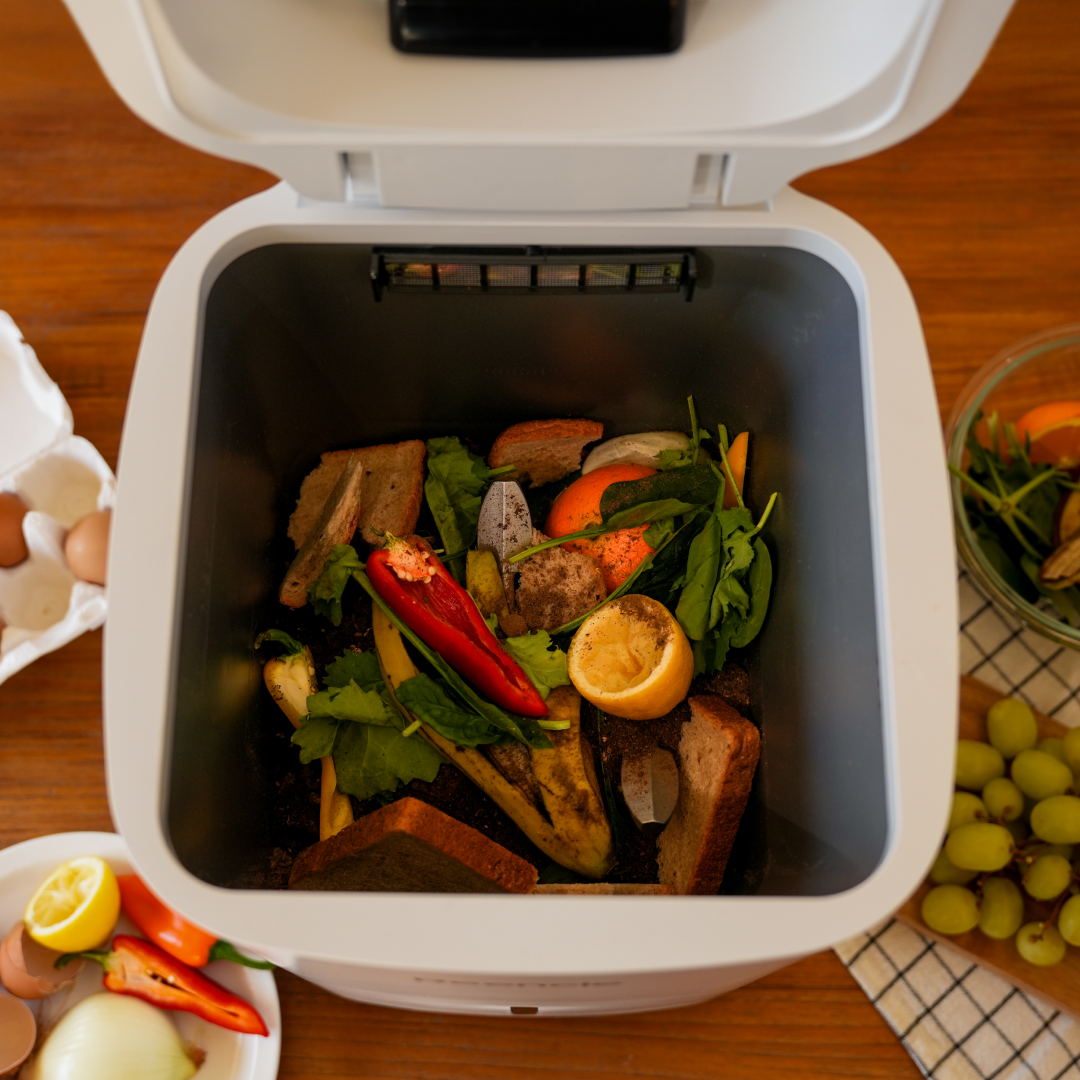
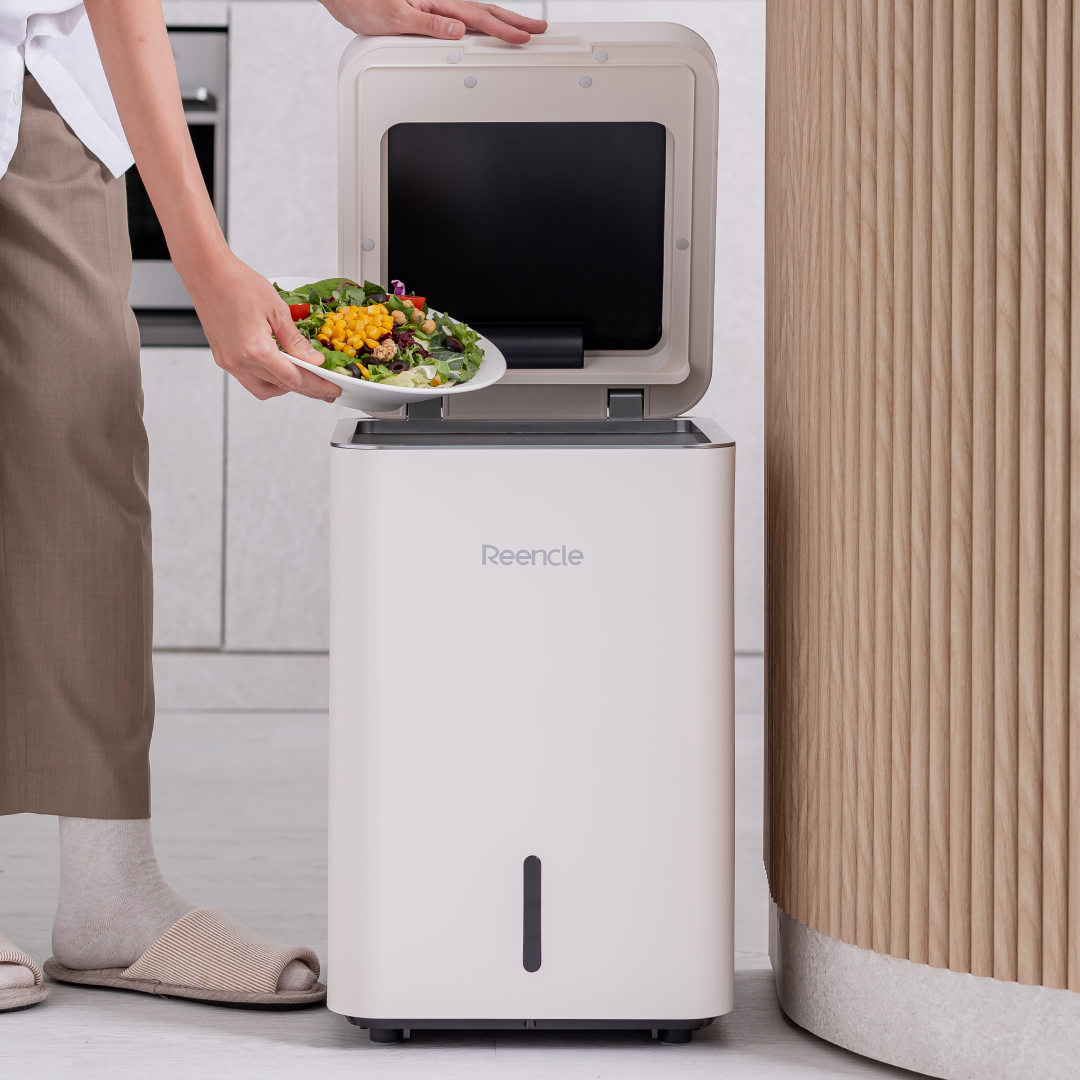

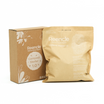
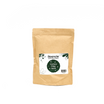





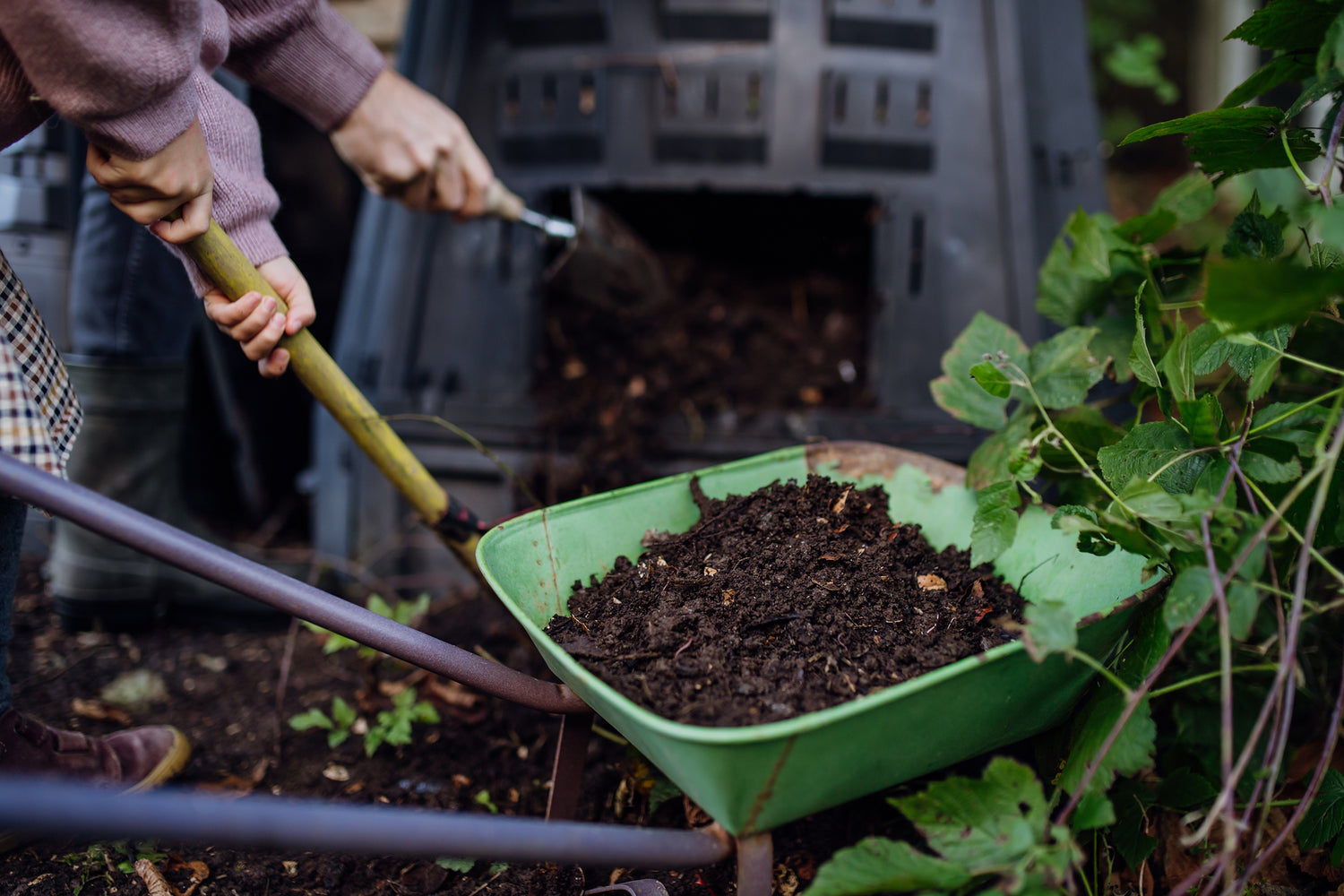
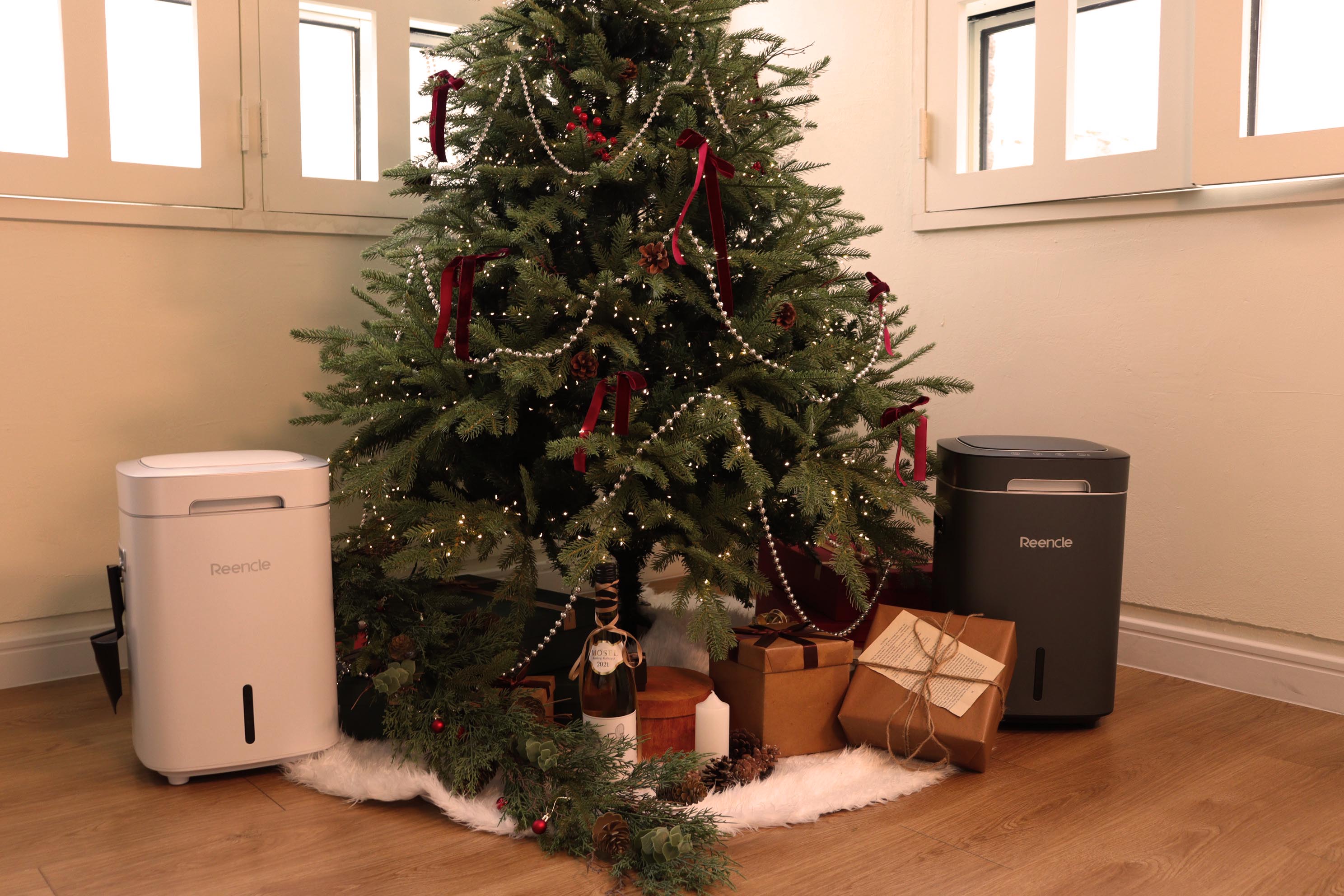

Leave a comment
This site is protected by hCaptcha and the hCaptcha Privacy Policy and Terms of Service apply.